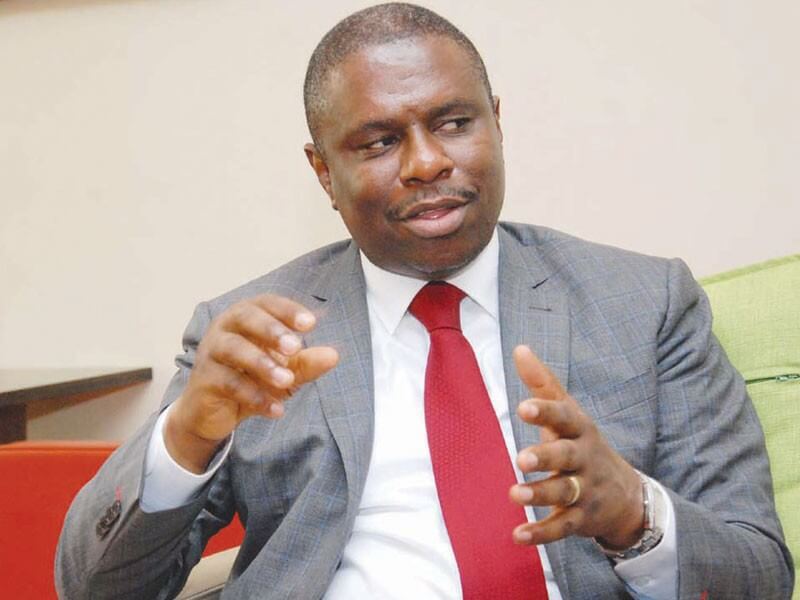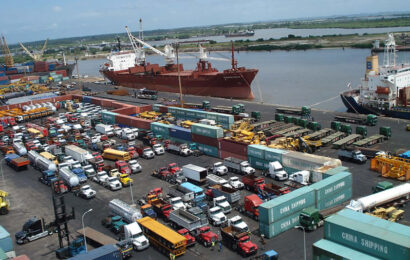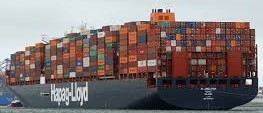The Nigerian Maritime Administration and Safety Agency (NIMASA) has inaugurated Marine Litter Marshals to assist the Agency in ridding the oceans of unwanted waste materials that could cause environmental degradation and also impede safety of navigation on the nation’s territorial waters.
Speaking during the flag-off ceremony of the first phase with 120 marshals held at the Nigerian Maritime Resource Development Centre in Lagos, the Director General of the Agency, Dr. Dakuku Peterside charged Nigerians on the sustainable use of the ocean resources and added that there are so many activities dependent on the ocean; hence the need to ensure it is clean and properly utilized.
Accordingly, the DG said, “the state of health of the ocean is related to the state of our health and our economy; therefore we must stop the indiscriminate dumping of materials in our ocean”.
He further stated that, marine litter directly impacts on ocean life, marine habitats, human health, and navigational safety with potential impacts on socio-economic development of nations. This he stressed necessitated the Agency to collaborate with the United Nations Environment Program (UNEP) Global Partnership Action (GPA) in 2015 to carry out a scientific study on marine litter challenge in Nigeria, thereby culminating to the development of the national action plan on marine litter and its campaign concept.
Dr. Peterside who used the opportunity to charge the marshals to go to the ports, coastlines and littoral communities and enlighten them on the need to maintain cleaner oceans; enjoined them to also keep watch and ensure that the right thing is done so that our eco system can be preserved. He further warned that the Agency will not condone indiscriminate dumping of waste at sea.
Also speaking at the event was a marine environment expert and the President of the Waste Management Society of Nigeria, Professor Osinbajo Oladele, who applauded the initiative and described the Agency as a beacon of hope to the rest of Africa. He said there is the need to preserve our oceans as it holds a lot of opportunities in developing the nation.
He stated further that there is the need for inter-generational equity of our resources, which means the survival of the eco system is dependent on this present generation as it will affect the future generation. “The environment is not a gift from our parents, but a loan from our children. We must therefore do all we can to preserve it”, Professor Osinbajo said.
NIMASA in a statement recalled that the Convention on the Prevention of Marine Pollution by Dumping of Wastes and Other Matter 1972, commonly called the “London Convention” and also abbreviated as Marine Dumping, is an agreement to control pollution of the sea by dumping and to encourage regional agreements supplementary to the Convention. It covers the deliberate disposal at sea of wastes or other matter from vessels, aircraft, and platforms.
According to global statistics, roughly 80 per cent of marine pollution originates on land. To address this, strong coordinated action is needed. UN have championed a course for the Global Programme of Action for the Protection of the Marine Environment from Land-based activities, which NIMASA has also keyed into in order to establish and strengthen voluntary and a multi-stakeholder partnerships on nutrient pollution, marine litter and water wastes.
Consequently, the coordinator of the project and Deputy Director, Marine and Environment Management of NIMASA, Dr. (Mrs.) Felicia Mogo pointed out that the initiative is to ensure proper solid waste management and in particular prevent materials like plastic waste and other dangerous items from reaching our waters.







